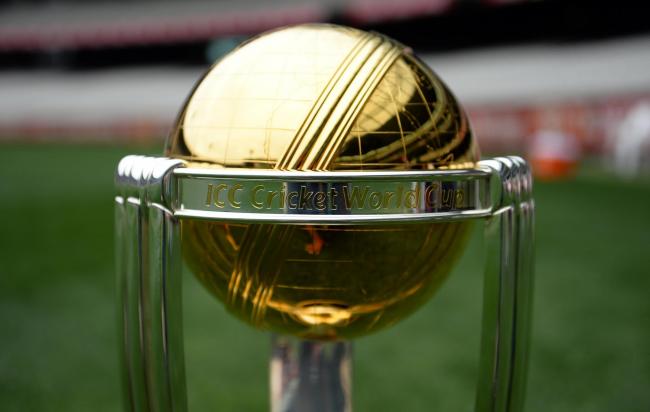The 2019 World Cup is the twelfth edition of the tournament, and the fifth to be held in England, after the first three in 1975, 1979 and 1983, and the 1999 renewal.
The latest edition has produced many of the familiar thrills and spills that we expect from the biggest cricket tournament on the planet and fans tuning in to the tournament on SKY have already been treated to some spectacular catches and thrilling batting feats.
But in one respect, this tournament is breaking new, or at least, relatively new ground. Changes to the format have been a regular feature of the World Cup and there have been numerous tweaks and adjustments along the years to try to find the best way to pack in a large number of games in the space of a few weeks, while still ensuring that a worthy winner is found.
In the first few years of the World Cup, only eight teams took part, and in the 1975 and 1979 editions in particular, the tournament wasn’t taken entirely seriously. But since the 1996 edition, there has been an effort by the ICC and the tournament organisers to boost the number of teams taking part. That number rose from 9 in 1992 to 12 in 1996 and had settled at 14 for 2011 and 2015.
But while the expansion of the tournament to include more non-Test playing nations has helped to encourage cricket’s growth in new parts of the world, it also led to criticisms about a dilution in quality, with many of the games being one-sided affairs. The introduction of a Super Eight stage to some tournaments, in which the best eight teams played in a mini league after the initial Group stages, did little to quell those criticisms and so this time round, the ICC have acted.
For the first time since 1992, there are fewer than 12 teams taking part. The nine Test-playing nations along with Afghanistan have made up this year’s edition, with a simple ten-team Group stage, followed by semi-finals and a final; a similar format to that which was used for the widely acclaimed 1992 tournament in Australia and New Zealand. So, has it worked?
The answer appears to be yes, with one or two qualifications. There have been several one-sided games, but most of these have involved established Test-playing nations, such as South Africa and Sri Lanka, and are largely a consequence of the improvements made by the better teams such as India, England and New Zealand in the fifty over format.
There have also been one or two shocks. Tournament favourites England have been beaten by both Pakistan and Sri Lanka, and Afghanistan came very close to pulling off the ultimate World Cup shock by beating India. So from the perspective of fans looking at the best World Cup cricket odds on the Big Bet Bookmakers site, there has been enough unpredictability to make this competition interesting.
Some will be concerned that the absence of most of the smaller teams in world cricket has diminished the tournament, but so far viewing figures and online interest appears to suggest that the competition had been a success, and the fact that teams such as Afghanistan can earn a place in the World Cup, and that it is, in theory, possible for a Test-playing nation to miss out under the new qualification system, means that the door is still open for minor teams to make history.

















